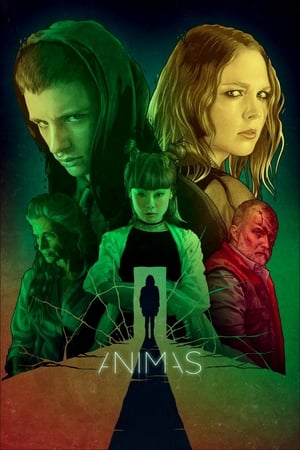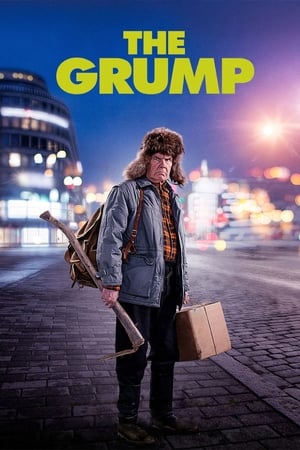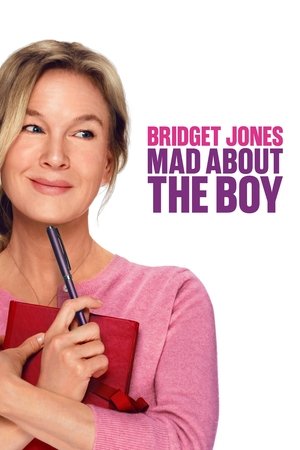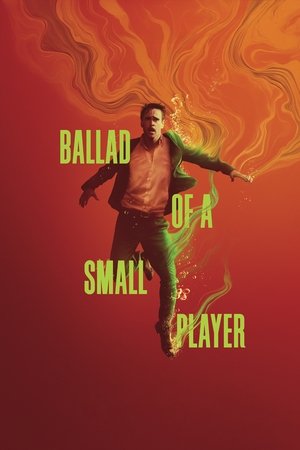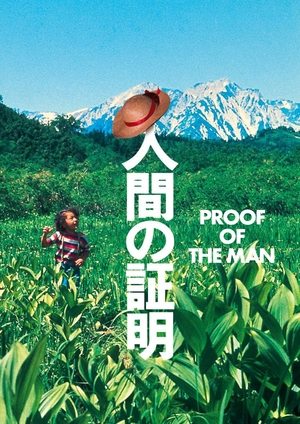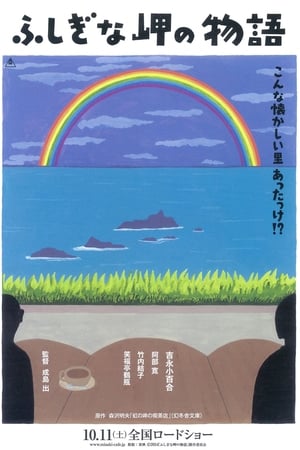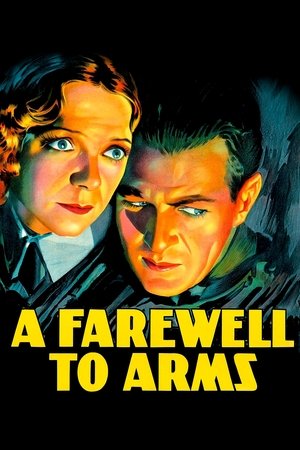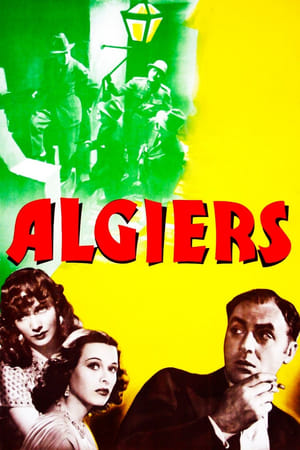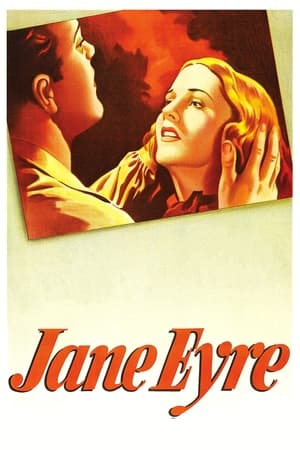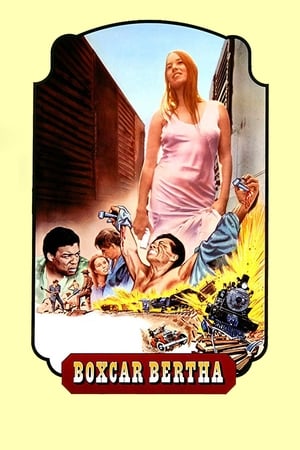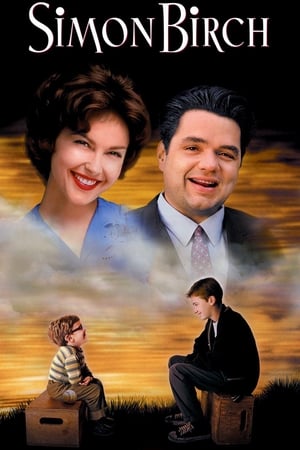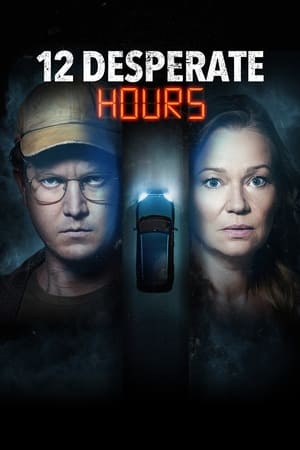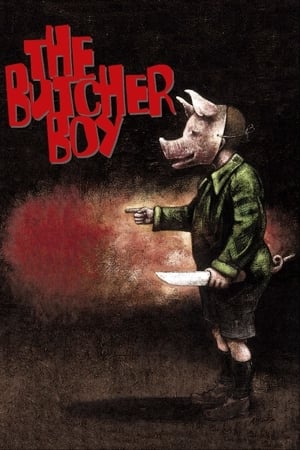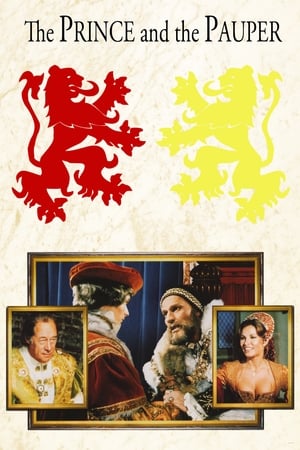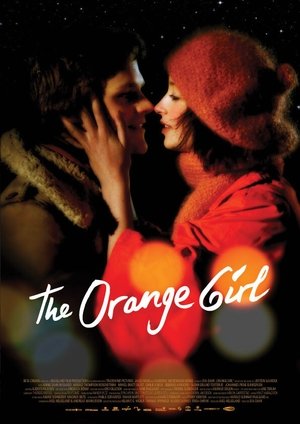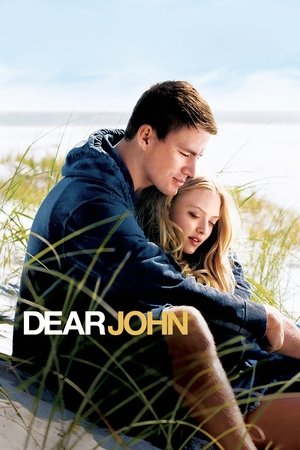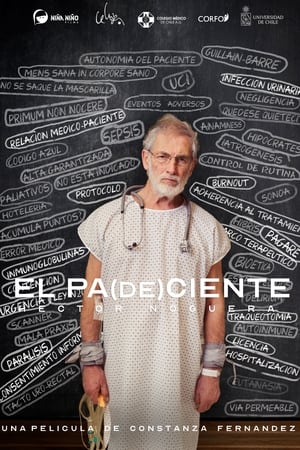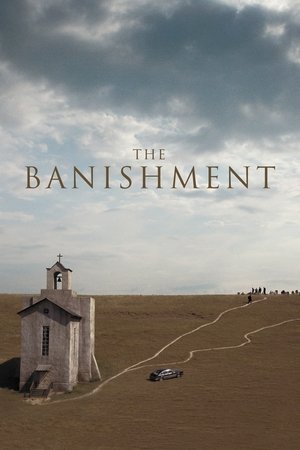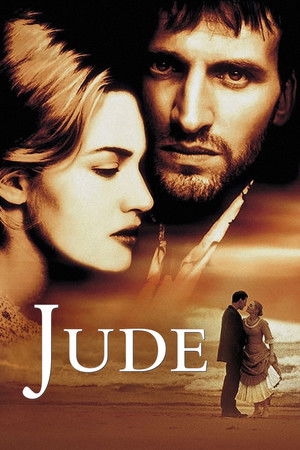Overview
Ukraine, 16th century. While the Poles dominate the Cossack steppes, Andrei, son of Taras Bulba, a Cossack leader, must choose between his love for his family and his folk and his passion for a Polish woman.
Reviews
Faith and a good Sabre arm.
Taras Bulba is directed by J. Lee Thompson and adapted to the screen by Waldo Salt and Karl Tunberg from a story by Nikolai Gogol. It stars Yul Brynner, Tony Curtis, Christine Kaufmann and Perry Lopez. Out of United Artists, it's a DeLuxe/Eastman Color/Panavision production, with the music scored by Franz Waxman and cinematography by Joseph MacDonald.
Loosely based on Gogol's short novel, story tells of a Cossack uprising against the Polish forces who have taken control of the Ukraine. At the centre of the Cossack army is the leader Taras (Brynner) and his two sons, Andrei (Curtis) and Ostap (Lopez). But when Andrei falls in love with a Polish princess called Natalia (Kaufmann), it sets the wheels in motion for the Bulba family to crack from within; just as the Polish come calling asking for the Cossacks help to defeat the Turkish.
While not as epic as the film, the troubled back story of the production is big enough to lend one to understand why Taras Bulba is not the grandiose picture the story deserves. Main problem comes with casting, particularly that of Curtis as the elder Bulba son. It should have been Burt Lancaster, who walked, so in came Curtis and a decision was made to put him front and centre of the picture. Thus rendering Brynner's title character to playing second fiddle, so much so they really should have called the film Andrei Bulba instead. On his day Curtis could act, but he's out of place here playing a Cossack with brain and brawn. Then there was the small matter of Curtis' marriage to Janet Leigh falling apart, with Leigh visiting the set, falling ill and no doubt noticing the sparks flying between Curtis and his delectable co-star, Kaufmann. Curtis would say it wasn't the final straw, but with him going on to marry Kaufman shortly after his divorce, it's hard not to think that it sealed the deal!
He's not helped by the writers, though, who allow the love story sub-plot between Andrei and Natalia to form the core of the plot. They too, Messrs Salt & Tunberg, were brought in after historical novelist Howard Fast (Spartacus) refused to tone down the screenplay. He wanted to include what was an important part of the Cossack/Pole war, that of the Cossacks anti-Semitic attack on Polish Jews. The makers balked and Salt & Tunberg came in and delivered the Andrei overkill and some rather cheese laden dialogue. Brynner was crushed, his biography (written by his son Rock) reveals that it was a role and film he cared for more than any other, he had grand plans for the portrayal but the makers didn't share his view. A shame because what we do get of Brynner is wonderfully exuberant, muscular and (correctly) scene stealing.
However, when Taras Bulba as a film is good, it's real good, and thankfully it's never dull, even if it's a bit more jovial in the mid section than it is meant to be. Thompson was a fine director of action and suspense, and he gets to flex his muscles here to great effect. Casting aside the cheap shots of dummies and wooden horses being hurled about a couple of times, the sight of thousands of men on horseback swarming across the Steppes (actual location used was Argentina) is spectacular. The battles are fierce, violent and gripping, while the scenes in the Cossacks camps are joyous as men drink, sing, test their manhood by doing things like dangling over a bear pit, it's all very robust and Vikingesque, but entertainingly so. There's even some dashing sword play, while quality suspense is eked out during a challenge to the death over a seemingly bottomless gorge.
Joseph MacDonald's Panavision photography neatly brings the wide vistas to life, aided by the use of Eastman Color which gives off a nice period hue. Waxman delivers a blunderbuss score that's seasoned with Russian vitality, while the costume department deserves a mention for their efforts, particularly for the Polish army who look dandy men of steel. Yes it's a film of flaws and bad decisions, but the good does outweigh the bad in this instance, and how nice it is to have the chance to see a little known part of "bloody" history up there on the screen. 7/10
_**Cossacks vs. Poles on the steppes of Ukraine (actually Argentina)**_
In the 16th century, Cossacks on the Ukrainian steppe defy their subjugators, the Poles. Yul Brynner plays a hearty colonel while Tony Curtis plays his eldest son, who foolishly falls for a lovely princess in Kiev (Christine Kaufmann).
"Taras Bulba" (1962) is based on the first half of the classic novella by Nikolai Gogol, published in 1835. At heart, it’s a sword & sandal flick that meshes “The Vikings” (1958) with Brynner’s “Solomon and Sheba” (1959). There are curious stabs at frivolity and amusement that are absent by the second half. The singing & dancing of the mirthful Cossacks seems a little too choreographed, eliciting a sense of unreality to the proceedings, but it’s such a small part of the movie it can be overlooked.
One exhilarating sequence takes place around the 70-minute mark with the various tribes of Cossacks gathering together while galloping the steppe to fight at Dubno. There’s no CGI, it’s literally hundreds or thousands of men on horseback.
The movie bombed at the box office. Although it’s not great like “The Vikings,” it’s almost on par with “Solomon and Sheba.” It needed more depth, like milking Andrei’s relationship with Natalia. Still, it’s entertaining enough to check out.
Curtis was 36 during shooting while Christine was 16. He didn’t waste much time dropping his wife of eleven years, Janet Leigh, to marry Christine as soon as she turned 18 in 1963. The marriage lasted five years and Tony has lamented letting her go.
The film runs 2 hours, 3 minutes, and was shot in northern Argentina (with the unit based in Salta), as well as Walt Disney's Golden Oak Ranch in Newhall, California (the outside love scene), and Universal Studios (the city of Kiev & Polish academy).
GRADE: B-
This tale of the 16th century Cossack uprising against the Poles who had betrayed them years before is kicked off by a memorable, rousing theme from Franz Waxman. Unfortunately, it's largely downhill from here. Yul Brynner never looks comfortable in the title role. He has decided to fight the Poles on his own terms by sending his two sons to university in Kiev to learn their ways. His son "Andrei" (Tony Curtis) falls in love with the beautiful but rather coy Governor's daughter "Natalia" (Christine Kaufmann) and the film depicts the aftermath of this as the Cossacks are once again are summoned to fight with the Poles, though this time they do the betraying. At times, it is engaging - Curtis has an intense equestrian dual with another Cossack warrior jumping over a narrow ravine; but most of this is pedestrian and though well shot, the casting just doesn't really work and the pace of direction can be glacially slow. Guy Rolfe, ever the good baddie, features now and again - as does Sam Wanamaker - but it just takes way too long to get anywhere.

 119 min
119 min
 6.3
6.3
 1962
1962
 USA
USA
 John Chard wrote:
John Chard wrote: